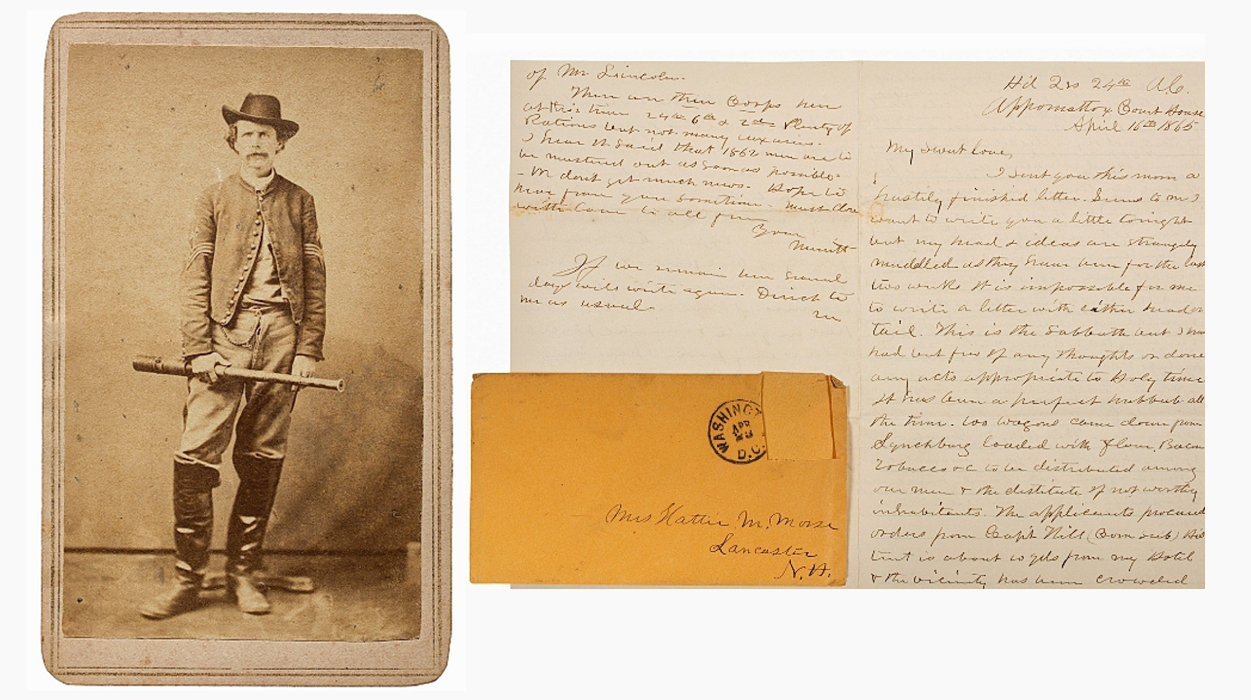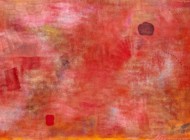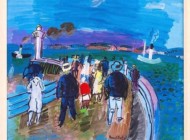CINCINNATI, OHIO – An archive of more than 1,000 pages from Civil War soldier John Merritt Morse sold for $53,125 in Cowan’s American Historical Ephemera and Photography, Including African Americana sale on June 26. The lot included approximately 145 letters with most spanning four to eight pages and written between October 1862 to June 1865. The archive was market fresh, having descending through the family of the consignor.
Emily Payne, cataloger of American History at Cowan’s, said, “The exceptional John Merritt Morse Civil War archive offered a unique insight into the lives of recently freed men and women of the South Carolina Sea Islands, and provided a descriptive record of the work of the United States Signal Corps during the Union Army’s push through Virginia in the final stages of the war. Drawing the interest of bidders, including multiple major institutions, the archive soared beyond our expectation.”
Most of the letters were written by Morse to his wife, Harriet “Hattie” Lord Morse while he served in the New Hampshire 3rd Infantry and later the United States Army Signal Corps.
The archive provided “descriptions of the newly emancipated African Americans inhabiting the Sea Islands, particularly members of the Gullah community, and for the perspective offered by Morse on the ‘Port Royal Experiment.’ Other notable content includes references to President Lincoln, Clara Barton, the Battle of Pocotaligo, the Battle of Fort Wagner, the Siege of Charleston Harbor, the Bermuda Hundred Campaign, the Richmond-Petersburg Campaign, and the surrender of General Lee at Appomattox.”
Morse, the son of a Free Will Baptist Church minister, acted as a self-styled minister to a congregation of freedmen and women on the Sea Islands. He wrote about their community as he was allowed inside. Of the archive, Cowan’s wrote, “Morse writes with genuine compassion for the African Americans he encounters, though at times his reflections are laced with a condescension and racism that was typical of the period.” They continued, “Morse’s letters describe not just the harsh conditions experienced under slavery, but the extreme difficulties faced by African Americans as they adjusted to freedom after so many years in bondage. Additional subject matter includes an African American community celebration in commemoration of the Emancipation Proclamation, race relations including the many ‘yellow’ women and children sired by masters and soldiers, the conscription of freedmen by Union soldiers from African American regiments, and much more.”
Writing from Burkeville, Va., on April 7, 1865, two days before Lee’s Surrender at Appomattox, Va., Morse wrote to his wife telling her of the final days of the war. “…The last great battle has at last been fought and a crowning victory won…After a most terrible Battle yesterday in which we gained the ground which rendered the escape of Lee with his army hopeless he surrendered himself and army to Genl Ord at this place. The formal surrender will be made this P.M. It’s almost worth the dangers trials and hardships I have endured to be a witness and participant in this glorious and triumphant finale….”
The archive was accompanied by 11 portrait CDVs of identified soldiers; a leather wallet; a small printed Army of Northern Virginia battle flag; an issue of The New South published out of Port Royal, S.C.; and Morse’s Civil War-era Lemaire field glasses.
A full review will appear in a future edition.





